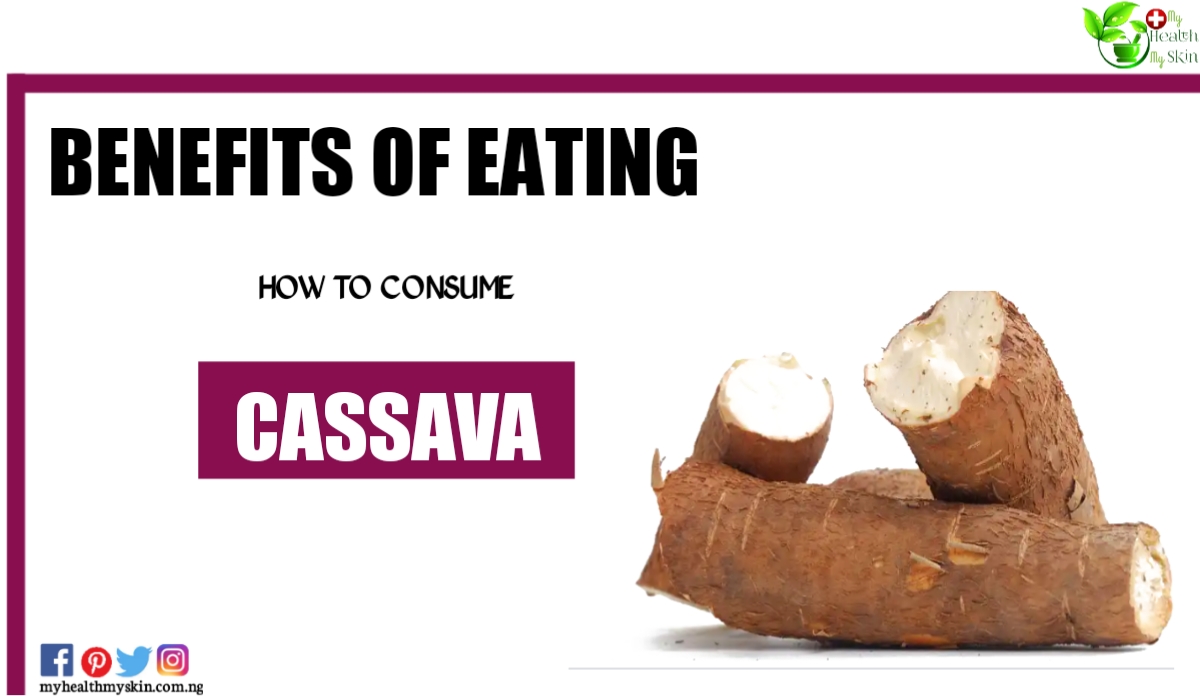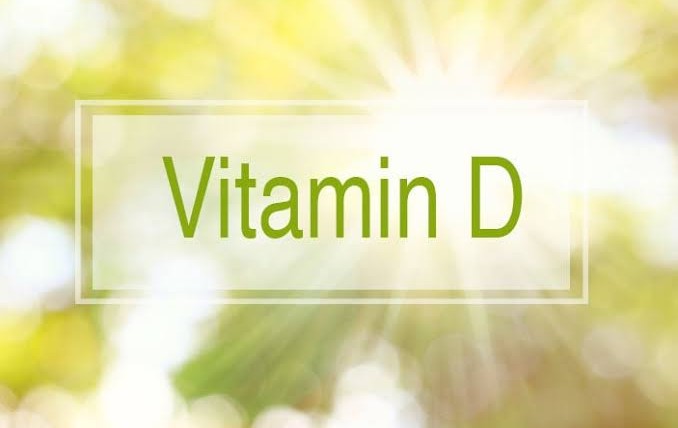In this article we’ll talking about 9 Benefits of eating cassava and how to consume it.
Cassava is a native food in South America, where it is grown since antiquity. In some regions of Brazil can also be known as macaxeira or aipim. According to research, it is one of the main energy foods for more than 700 million people, especially in developing countries, and helps fight hunger.
Article summary
- Cooked cassava contains calcium, magnesium, phosphorus, potassium and vitamin C
- Known as aipim or macaxeira, cassava does well for the heart, is a source of energy, improves digestion and humor
- My health my skin recommend that you should never consume cassava raw, as it can generate intoxication
- The ideal is that the cassava is part of the food plan, replacing other sources of carbohydrate such as potatoes, rice and noodles
Cassava has great nutritional value and various forms of consumption. Cooked cassava contains calcium, magnesium, phosphorus, potassium and vitamin C. is a rich source of calories and carbohydrates — having 125 calories and 30 g of carbohydrates in 100 g.
As a result of research and crosses between varieties, its white pulp has been highlighted with yellow shades coming from carotenoids, famous pigments by potent antioxidant action, which in addition to protecting against aging diseases, reduces radical action See details of the benefits of eating cassava:
Benefits of eating cassava
1. Improves digestion
Cooked cassava is a source of resistant starch. This type of starch feeds the good bacteria of the intestinal flora, which generates a series of benefits: better functioning of the intestine, reduction of inflammation and strengthening of the immune system.
Please note: To get the benefits of eating cassava, it is necessary to include it in regularly, preferably cooked, but you must consume moderately.
2. It is beneficial to cardiovascular health
Because it is rich in potassium and having fibers, cassava is also promotes heart health. Potassium regulates fluids and helps relieve tension in blood vessels and arteries. The fibers, in turn, help balance fatty acid levels and reduce cholesterol levels, thus promoting a healthy cardiovascular system. Other food elements that are beneficial for cardiovascular health are zinc, magnesium, copper, iron and manganese.
3. Helps combat arthritis
Because it is rich in polyphenols, saponinos, and substances that have anti-inflammatory and analgesic action, their consumption helps combat arthritis and relieve their symptoms. An article published in Nutrients magazine points out the importance of saponinos in combating osteoarthrosis and rheumatoid arthritis. The cassava, being a good natural source of this nutrient, is found in the diet of those who suffer from these bone diseases.
4. It does well for those who have diabetes
This benefit also happens due to the high resistant starch content. First, this compound contributes to increase the sensation of satiety, thus helping to moderate the appetite and controlling the weight, which is an important factor for those who have diabetes. Digestion of resistant starch releases glucose gradually, avoiding blood sugar peaks. The fact that cassava is a fiber rich food is also important. When Cassava digest it releases energy slowly, allowing slower digestion and controls blood glucose.
5. Help in the practice of physical exercises
With 125 calories in 100 g (considering the cooked version), cassava is an excellent source of energy, in addition, has a high carbohydrate content (30 g in the same amount). Therefore, it contributes to the practice of high intensity physical activities. Another benefits of eating cassava is that it is rich in phosphorus, which helps combat fatigue and fatigue, and calcium, which improves bone health.
6. Strengthens the immune system
Cassava is a good source of vitamin C, which provide several benefits to the body, among them strengthen the immune system. Vitamin C increases the production of white blood cells, contributing to strengthen the body of defense of organism in combating various aggressors, including the proliferation of cancer cells. And the food is rich in folate, which belongs to the class of vitamins B and also contributes to the strengthening of the immune system.
7. Helps Improve Humor
Cassava consumption raises serotonin levels, which is a neurotransmitter responsible for pleasure and well-being. This occurs because of its concentration of fibers that maintains the proper functioning of the intestine, where serotonin is produced. There is also the presence of Vitamins of complex B, such as vitamin B9 (folic acid) that participates in important functions in the immune and nervous system and also helps in the control of stress, which improves mood.
8. It does well for the skin
The cassava is beneficial to the skin as it is a rich source of polyphenols, especially the resveratrol. This component fights free radicals that cause cell damage and accelerate aging. Resveratrol slows down the effects of ultraviolet radiation on the skin.
9. It is indicated for pregnant women
Consuming cassava moderately, during pregnancy is also beneficial. The presence of the folates assists in the formation of the neural tube of the fetus. Cassava provides a good amount of energy for mother and baby without causing glycemia peaks, preventing gestational diabetes.
Can cassava make you gain weight?
Cassava is a carbohydrate rich food, so it is so associated with weight gain. However, no food is able to make a person fattening or slimming alone: to cause difference in the scale, it has to be consumed in excess and within a rich diet in other calorie foods and rich in simple carbohydrates.
In other to have good health, the ideal is that cassava should be a part of your food plan, replacing other carbohydrate sources such as potatoes, rice and noodles. The ideal quantity is on average 150 grams per day.
How to consume
My heath my skin recommend that you should never consumed raw, as it can generate cyanide poisoning and cause symptoms such as vomiting, nausea, stomach and headaches.
Cassava is a versatile food, which usually is part of different recipes, sweets and savory. It is also consumed in different forms: in natura, in the form of flour or tapioca. At the time of cooking the cassava add an oil in the water, in this way prevents the loss of vitamins and minerals.
One of the most traditional recipes with cassava is the famous “mired cow”, typical dish of the cavalior kitchen that has as main ingredients the cassava and the bovine rib. It is famous. The cassava can be used for dry meat and the creamy cassava cake.
Benefits of cassava flour
The cassava flour is widely used to make various kinds of pyramus, blend of bold bubble, which thicken the broth, a very nutritious dish. The fried cassava also is very successful in several regions of Brazil. To prepare it, you must first cook it, then fry it immersed in oil. But in this form of consumption, the nutrients of this food is less than the nutrients and infants saturated fats, which is harmful to the health.
Conclusion
What are the benefits of eating cassava? In general, cassava is a food without health risks, with few allergy cases. In addition, not all cassava species are suitable for consumption. In Brazil, the most popular cassava species, known as Mansa (or table), the concentration of cyanide acid is minimal. But there is a species known as “brave”, which is poisonous, inadequate for consumption. The difference is the cyanide acid content, much higher in the brave cassava, which can cause intoxication. Excessive consumption is also contraindicated in case of weight reduction diets because it is a caloric food.







